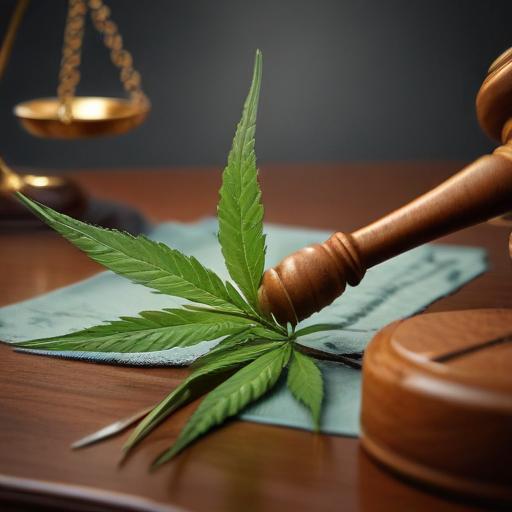London’s Mayor Sadiq Khan has called for the decriminalisation of cannabis possession, arguing that the current legal framework is unjustifiable. His statement follows a report from the independent London Drugs Commission (LDC), which he established in 2022, that presents a robust, evidence-based argument for this change.
Under current UK law, cannabis is classified as a Class B drug, with penalties including fines and potential prison sentences of up to five years for possession. While recreational use remains illegal, it can be prescribed for certain medical conditions like multiple sclerosis and severe epilepsy. Law enforcement options include issuing warnings or on-the-spot fines, but imprisonment for possession is rare.
The LDC’s report recommended moving cannabis from the Misuse of Drugs Act to the Psychoactive Substances Act. This shift would not equate to full legalisation, but would mean that possessing small amounts for personal use would no longer be a criminal offence. Such a change would limit police stop-and-search powers specifically related to cannabis and focus law enforcement on more serious drug-related crimes.
Khan highlighted several reasons for the proposed change, stating that while cannabis can indeed harm some users, existing penalties are excessively harsh. The report indicates that individuals from ethnic minorities are disproportionately targeted for searches, which strains community relations and trust in law enforcement. Decriminalisation would also benefit those needing cannabis for medicinal purposes who cannot afford private prescriptions.
The LDC’s report was based on consultations with over 200 witnesses from around the world and concluded that the criminalisation of cannabis possession is outdated and ineffective. It advocates for enhanced addiction services and better education about cannabis risks for young people.
In response to the report, Khan expressed the necessity for innovative approaches to mitigate drug-related harms. However, the Home Office has reaffirmed its position against reclassifying cannabis, emphasizing ongoing efforts to reduce drug use and enhance safety in communities. The Conservative Party has voiced strong opposition to Khan’s suggestions, associating cannabis with negative social outcomes and mental health issues.
While the path forward remains contentious, the call for a reconsideration of cannabis laws may set the stage for productive discussions on how society approaches drug use and related health issues. The conversation surrounding cannabis regulation continues to evolve, reflecting a growing recognition of the need for more nuanced, evidence-based policies.
